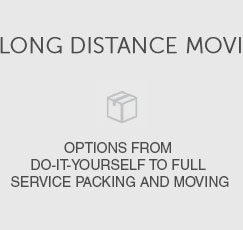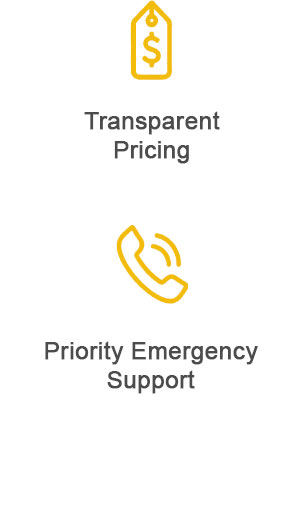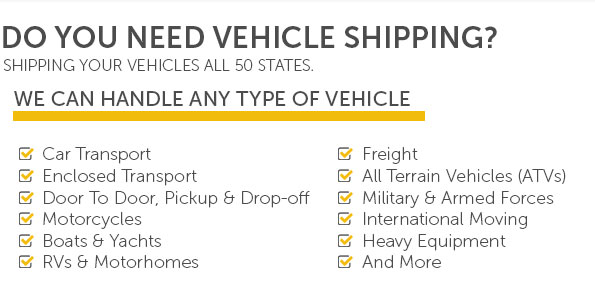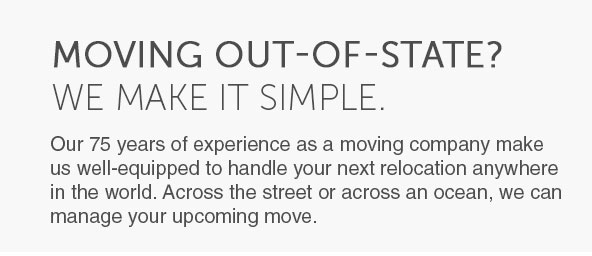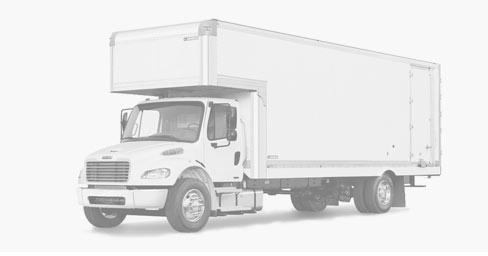car transport companies: what to know before booking
How they work
Most providers operate as carriers or brokers: brokers match your request to a vetted truck, while carriers own the rigs that haul vehicles. Common choices include open or enclosed trailers, and terminal-to-terminal or door-to-door service. Every pickup and delivery should include a walk‑around inspection recorded on a bill of lading. Reputable firms carry cargo insurance, but always confirm limits, exclusions, and deductibles.
Pricing factors
Quotes reflect distance, vehicle size and weight, operability, route popularity, fuel costs, and seasonality. Flexible pickup windows usually cost less; expedited or guaranteed dates cost more. Rural addresses can require extra mileage or a meet-up on a wider road for safe loading.
Timeline and expectations
Typical pickup windows run 1–5 business days, with transit from a few days to over a week depending on route and weather. Drivers call ahead, load carefully, and note condition; delivery repeats the inspection before you sign.
- Confirm licensing and cargo insurance coverage.
- Compare quotes; beware unusually low offers.
- Read the contract and the bill of lading.
- Prep the car: clean, photos, light fuel.
With clear communication and realistic timing, shipping your vehicle can be straightforward and stress‑light.








